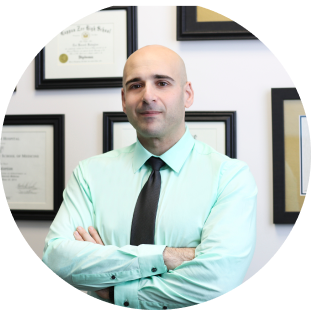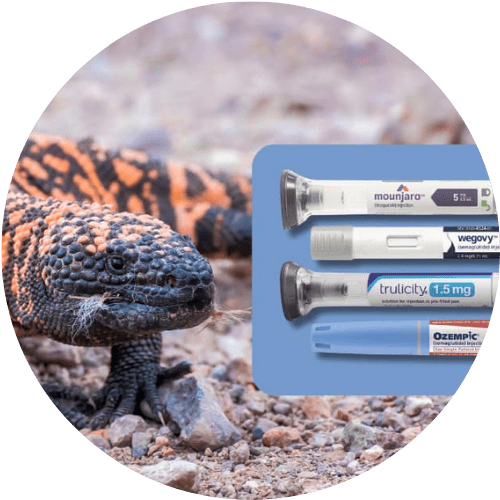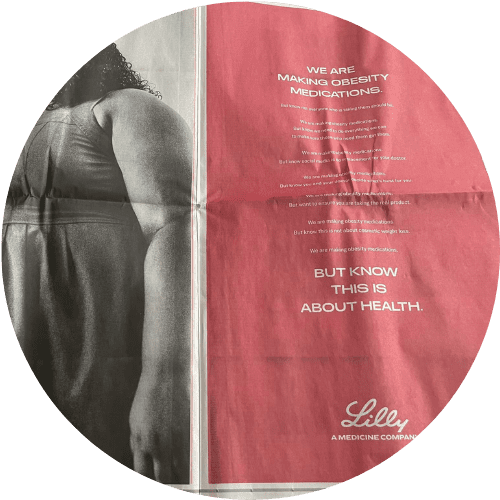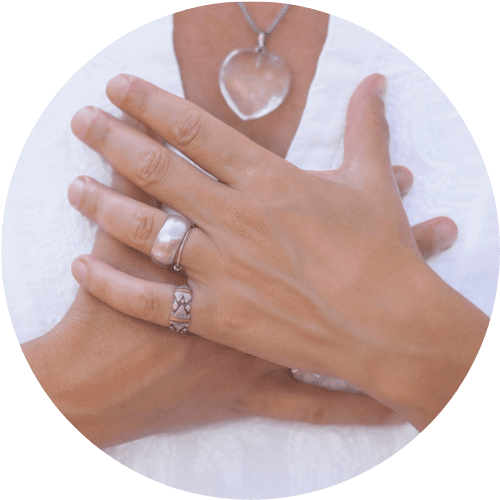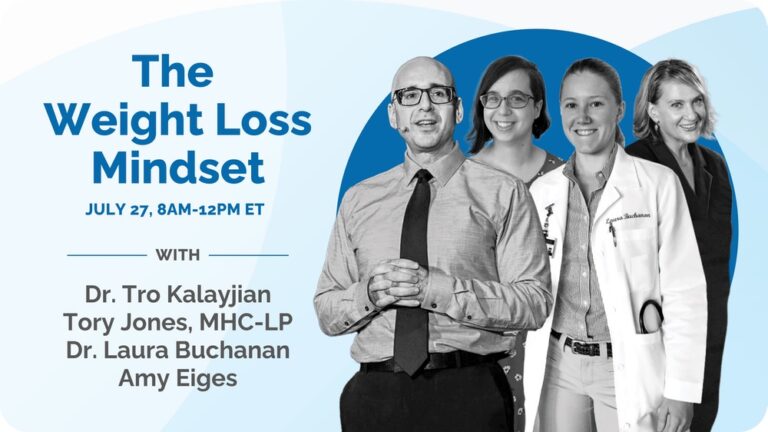Patients Can Reverse Symptoms of Diabetes, Come Off Meds & Overcome Obesity, and More Without Visiting Doctor’s Office
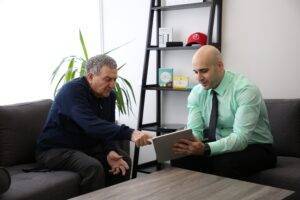
In the midst of a pandemic that has literally changed the course of history for hundreds of millions of people around the globe, one of the last places you probably want to visit is a doctor’s office or hospital, where you’d run the risk of coming into contact with a patient or provider who may have been exposed to the COVID-19 virus.
As serious as the coronavirus is, and as valid as those concerns are, there are plenty of legitimate reasons you may want to be evaluated by a physician at this time. Today, one in two Americans—half of our population—has either diabetes or pre-diabetes. And according to data released last month by the Centers for Disease Control and Prevention, the obesity rate in the U.S. reached 42.4% in 2017-2018 – surpassing 40% for the first time.
“Metabolic disease and obesity will continue to endanger the health and well-being of millions of Americans, even as the coronavirus has taken center stage,” said Dr. Tro Kalayjian. “We don’t yet know how long the restrictions will remain in place, but it’s likely that COVID-19 will disrupt our lives for the foreseeable future. That doesn’t mean that we can afford to ignore our other important health issues that may be negatively affecting our lives.”
But how can patients address issues like metabolic syndrome, type 2 diabetes, congestive heart failure, and obesity without going to their physician’s office? The simple answer involves the use of technologies that Dr. Tro’s Medical Weight Loss & Direct Primary Care has been safely using for the past couple of years.
“We employ HIPAA-compliant telemedicine software to help you from the comfort of your own home,” said Kalayjian. “Our goal is always to make medicine, health, and wellness easy and convenient for our patients.”
Kalayjian’s office utilizes smart scales and blood pressure cuffs that communicate information directly from patients to practice staff for close monitoring. Staff are able to seamlessly monitor patients’ weight, BMI and body composition, and blood pressure.
The consultation can be started completely remotely using telemedicine software, in the comfort of a patient’s own home, using a state-of-the-art, encrypted, video-conferencing application from a desktop or smartphone.
Here are a few of the things that can be monitored remotely:
- Ambulatory blood pressure
- Sleep study
- Holter, 3 lead ECG
- Heart rate, HR variability
- Blood pressure
- Water weight
- Body composition
- Blood sugar
“For congestive heart failure, we can monitor daily weight, water weight, and blood pressure, allowing us to adjust diuretics in real-time,” said Kalayjian.
For the treatment of diabetes, Kalayjian’s office is able to monitor blood sugar with a continuous glucose monitor (CGM), and adjust insulin and diabetes medications in real-time. In the event that food becomes limited, blood sugars can fall rapidly and medications will need to be promptly adjusted.
Hypertension is another condition that can be effectively monitored and treated remotely. “Our remote monitoring tools can monitor in real-time, and we are able to adjust medication doses as the blood pressure fluctuates, without the need for the patient to come into the office,” said Kalayjian.
Sleep studies can also be ordered virtually and delivered to your home to determine the presence of sleep apnea, and Holter monitors can be shipped to your home to determine the presence and burden of cardiac arrhythmias. Connected devices can also transmit ECG data that can be reviewed remotely.
“If you have congestive heart failure, diabetes, hypertension, or one of many other conditions, and you’d like to have your health managed from home, please call our office,” said Kalayjian. “We can send you a blood pressure cuff, scale and glucometer that automatically links with our practice using our telemedicine platform. We have been doing completely remote visits using telemedicine software for more than two years.”
One of the areas in which Kalayjian’s office has had tremendous success is helping patients overcome metabolic disease, reverse type 2 diabetes and come off medications while losing weight sustainably. The device that has had the greatest impact in this area has been the continuous glucose monitor (CGM), according to Kalayjian.
“The CGM is an awesome adherence tool,” said Kalayjian. “Any time the patient messes up, not only do they know about it, but WE know about it. We want to know WHY the patient’s blood sugar has spiked, and the CGM helps us understand what went wrong in real-time.”
The CGM is a useful tool in teaching patients about hidden carbs in things like sauces, cashews, pistachios, yogurt, fruit, bananas, and oatmeal. Certain foods may not affect everyone in the same way. The CGM provides feedback on how these foods affect the blood sugar in real-time.
“Foods are not the only things that affect the blood sugar, though,” Kalayjian said. “We are interested in how other things affect the patient as well. Things like appetite, stress, workouts, and sleep deprivation. We have seen that stress is one of the biggest predictors of weight regain.”
Kalayjian has learned that sleep deprivation, which is often caused by stress, commonly leads to an increase in blood sugar the following day. Late-night eating also frequently leads to poor sleep.
“Many of these things are related to one another, and we’re looking for ways to identify which factors are causing the negative outcomes, and then help the patient make the appropriate changes to achieve the desired results.”
The remote monitoring tools utilized by Kalayjian’s office immediately transfer information to his team, eliminating the need for the patient to record data in a journal or logbook. This eliminates many of the errors that occurred before remote monitoring tools were available.
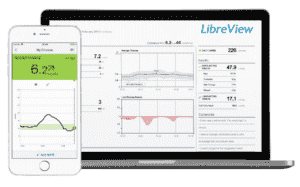
The most popular CGM employed by Kalayjian’s office is the Freestyle Libre by Abbott, which employs an easy-to-install, wearable sensor, and utilizes the patient’s smartphone as a reader. By simply swiping the phone past the sensor, which has been attached to the back of the patient’s upper arm, the patient captures the readings for the past eight hours, and that information is sent directly to the office where it can be reviewed by office staff.
“Sometimes patients are doing everything they should be doing, but they don’t immediately see weight loss,” Kalayjjian said. “We can see that in their readings and provide encouragement. We know they are on the right path, but their appetite simply hasn’t suppressed yet.”
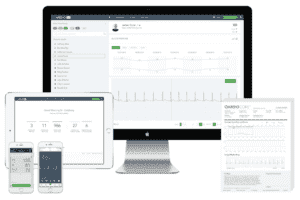
The office staff is also receiving information from the blood pressure cuffs, scale, and ECG from Qardio. All of that information can be monitored and evaluated in real-time to gain an understanding of how the patient is progressing and what adjustments may need to be made.
“The interplay of the data is so important,” said Kalayjian, who has learned how prevalent food addiction is in people struggling to overcome metabolic disease and obesity.
“These tools allow us to intervene and provide counsel before things get worse,” Kalayjian said. “Our goal is to keep people at a good baseline instead of saying “I’ll see you in a year.’”
In addition to developing ways to keep patients physically healthy during these challenging times, Kalayjian is very aware of the myriad stresses that have been added to the lives of his patients. “Life is stressful enough, without having to worry about Covid-19,” he said. “Now we have many additional stresses being added to people’s lives. People are worried about losing their jobs, the health of their relatives, or they may be forced to spend time alone in their home.”
In response, Kalayjian launched a free, townhall-style on-line meeting this past Monday, which was attended by nearly 60 people. In the meeting, Kalayjian provided tips and suggestions designed to help attendees weather the storm, and he opened up the floor for comments, which revealed some of the stresses people are dealing with.
“We were already set up for remote group coaching within our practice,” said Kalayjian, “and now we’re simply using that technology to provide some free assistance during this time when it’s so evident people need support.”
Time and link for the next online town hall will be posted here, and on Facebook and Twitter, as soon as that information is available.
Dr. Tro Kalayjian is a physician who is board-certified in Obesity Medicine and Internal Medicine. Dr. Tro’s Medical Weight Loss & Direct Primary Care is Rockland and Bergen County’s premier medical weight loss facility, with a focus on helping patients make drastic changes through lifestyle interventions. Visit www.doctortro.com/appointments/ or call 845-397-CURE to make an appointment.

